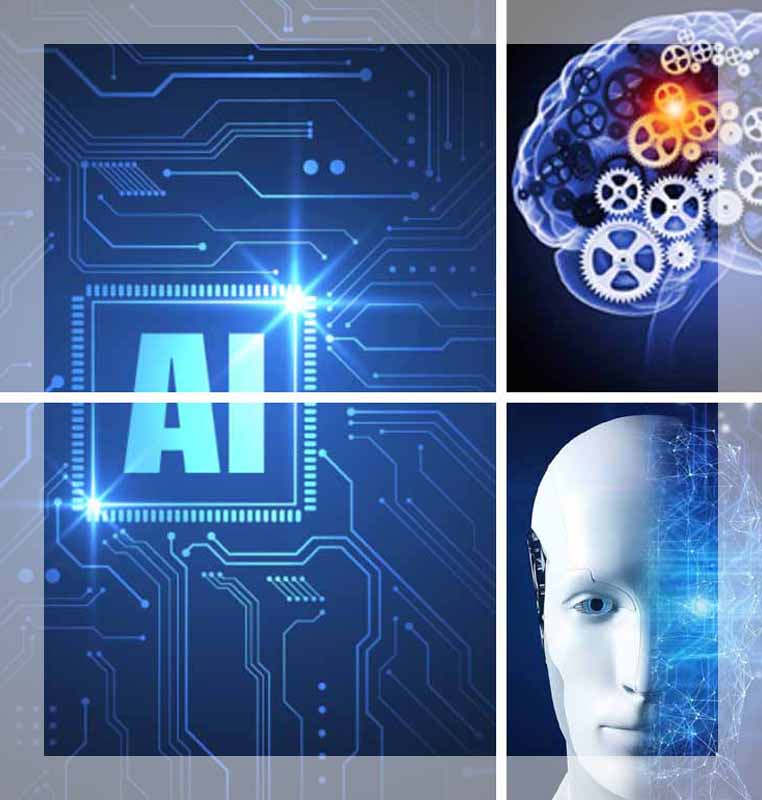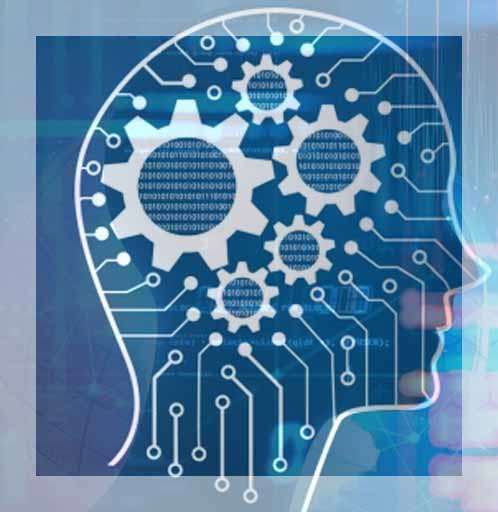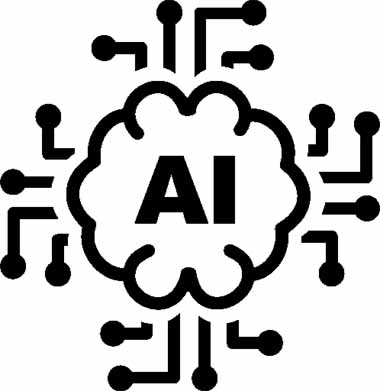
AI and machine learning were made to analyze chnnels of information, identify the trends within them and enable business leaders to make more informed decisions faster.

Artificial intelligence is a game-changing technology for any industry. As the technology matures and costs drop, AI is becoming more accessible for companies. Every day we see the continued development of new technologies, new applications, and greater investment in AI and Machine Learning. The manufacturing sector is a perfect fit for the application of artificial intelligence. Even though the Industry 4.0 revolution is still in its early stages, we’re already witnessing significant benefits from AI. From the design process and production floor, to the supply chain and administration, AI is destined to change the way we manufacture products and process materials forever. With AI adoption, they are able to make rapid, data-driven decisions, optimize manufacturing processes, minimize operational costs, and improve the way they serve their customers.

